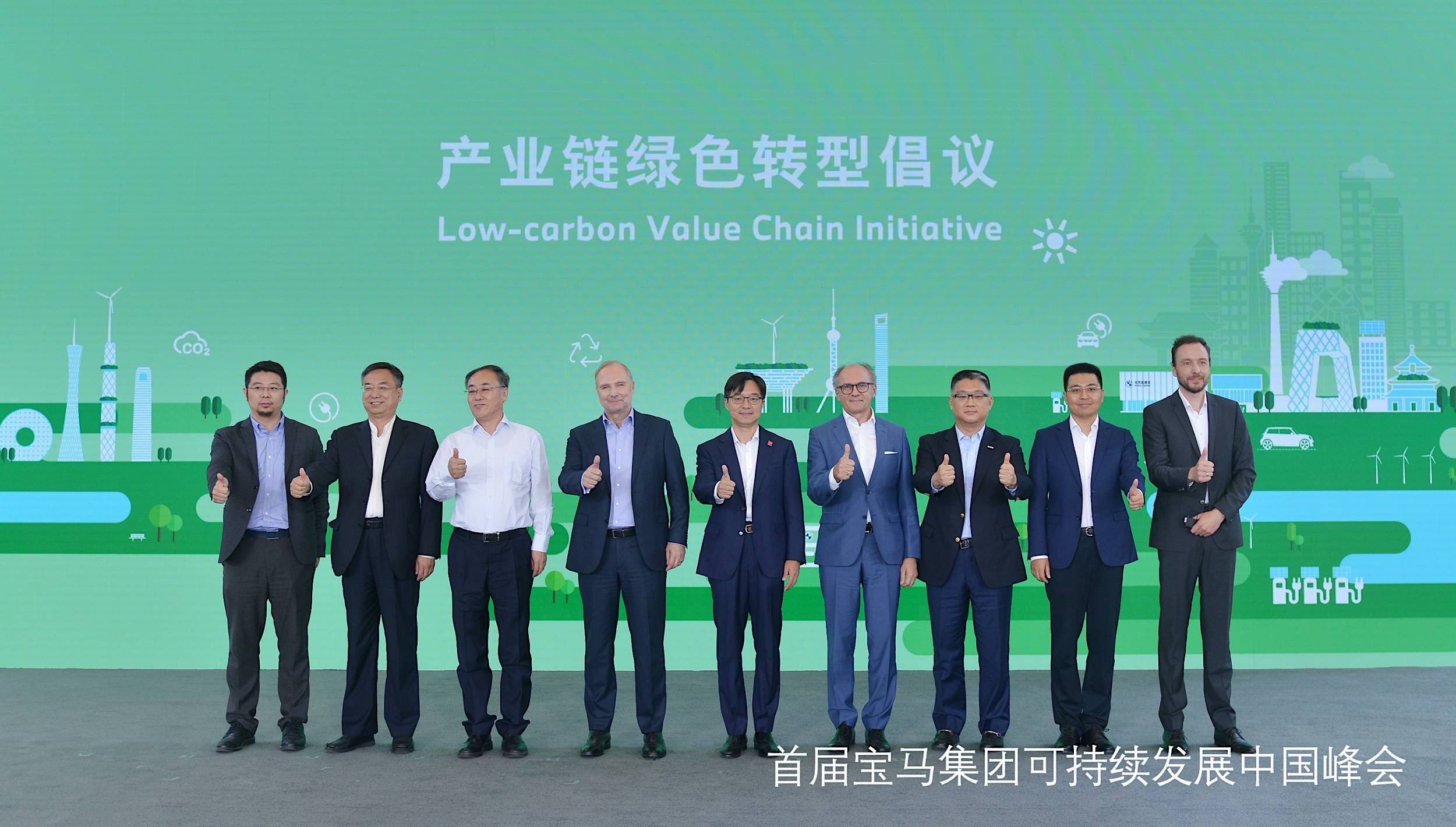On June 3rd, BMW Group held its first Sustainable Development Summit in Beijing, China under the theme of “Leading the Green Travel Revolution”. The summit brought together guests from government agencies, academia, and other sectors, and the BMW Group announced its sustainable development goals and corresponding measures in China for the first time.
BMW Chairman Oliver Zipse attended the summit via video, expressing that BMW expects to achieve economic growth, social prosperity, and sustainable development through continuous innovation and green technology. BMW also revealed that it will work with Ningde and Tela to expand public charging facilities. This year, the company plans to build 360,000 public charging piles including 150,000 fast charging piles with charging partners.
BMW Greater China President and CEO Jolyon Gaus attended the summit and introduced the company’s sustainable development strategy in China, which focuses on carbon emissions reduction measures to address climate change, advocating a circular economy, and corporate social responsibility. BMW’s nine subsidiaries and joint ventures in China will work together to implement the relevant goals.
Regarding products, BMW plans to launch 12 pure electric BMW and MINI models that cover all mainstream segments in China before 2023. It is expected that pure electric vehicles will account for 25% of the company’s total sales in China. Furthermore, BMW plans to introduce the first concept car using solid-state battery technology before 2025.
In terms of carbon emissions reduction, BMW announced that by 2030, the average carbon dioxide emissions per vehicle life cycle will be reduced by at least one-third compared to 2019. To achieve this goal, BMW will expand the scope of carbon emissions reduction to the entire industrial chain, including raw material procurement, supply chain, production, use and recycling. In the supply chain, BMW will work with suppliers to strive for a 20% reduction in emissions by 2030. In production, BMW’s factories in China plan to achieve carbon neutrality by the end of this year and aim to reduce emissions by 80% by 2030. In the vehicle usage stage, BMW will accelerate electrification and reduce emissions by 40%.
BMW has also proposed the concept of “5S dealership”, which means in addition to providing traditional 4S services, it will also use “sustainability” as the fifth “S”, implementing measures such as renewable energy supply, rainwater management, and energy-efficient building design. Currently, BMW recommends the implementation of national green building standards in other dealerships across the country to reduce carbon emissions in dealer operations.
This article is a translation by ChatGPT of a Chinese report from 42HOW. If you have any questions about it, please email bd@42how.com.
